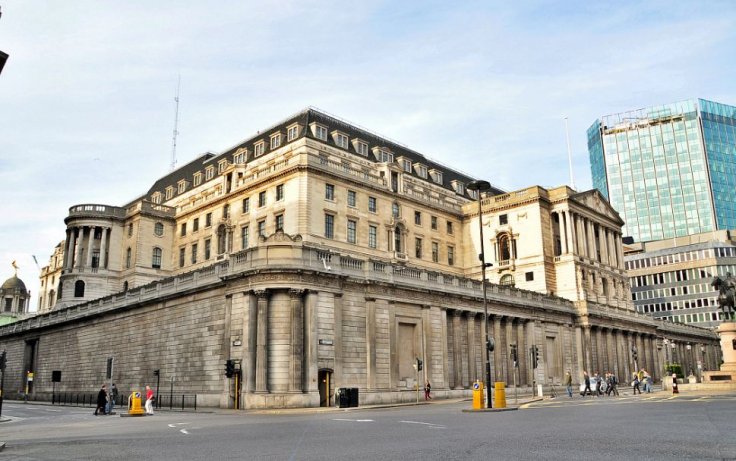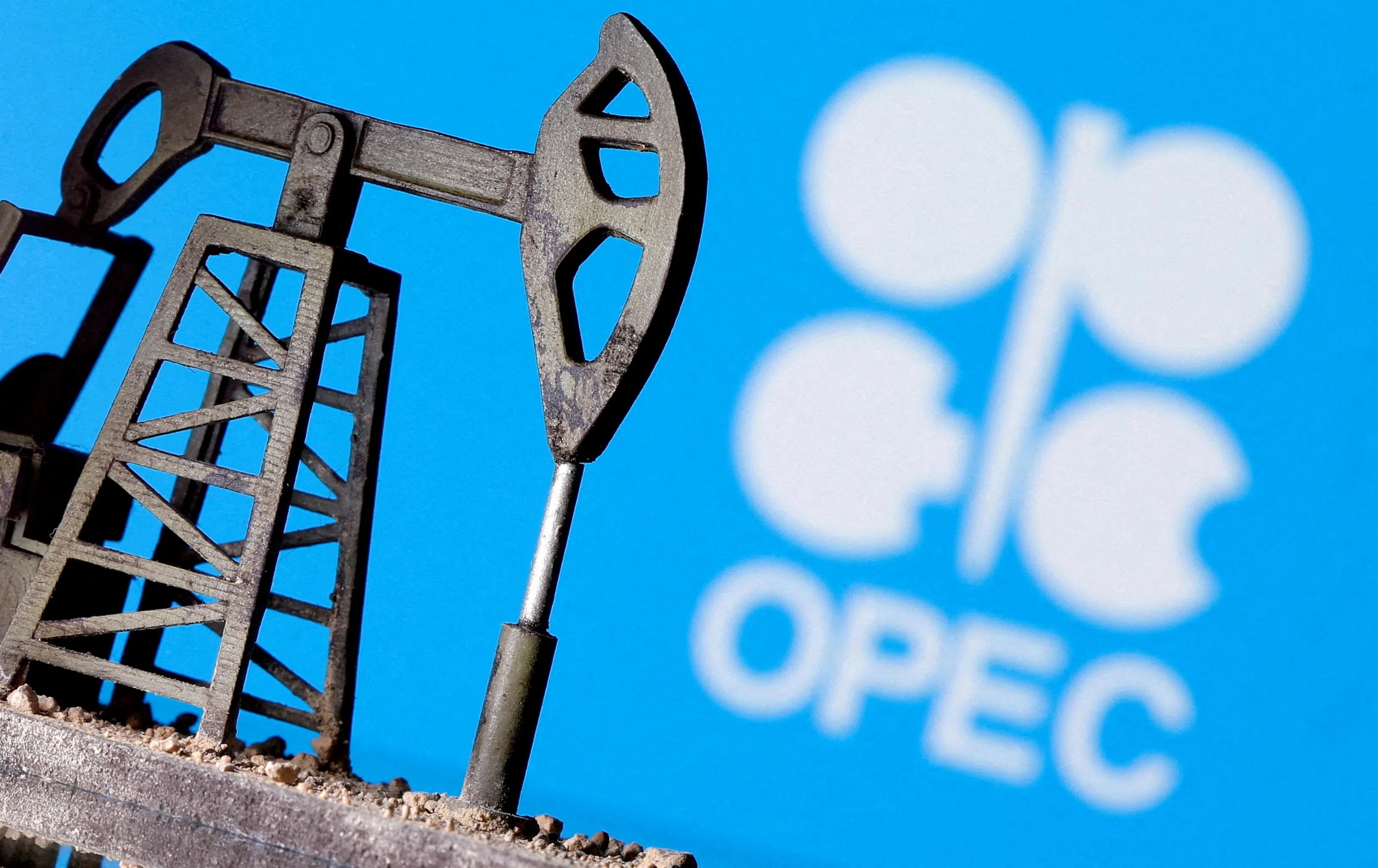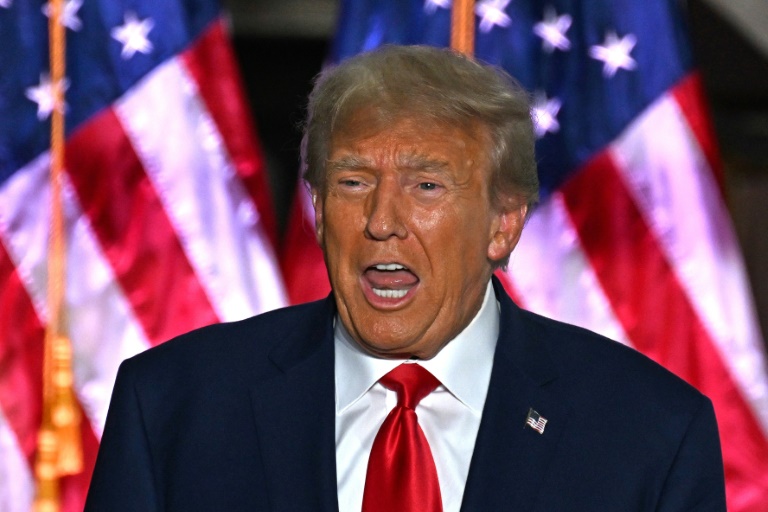The latest US inflation numbers have given credence to the theory that the US Federal Reserve will lead global central banks in ending the hawkish monetary policy they have been following for nearly two years.
Smallest Increase
Data showed that US annual inflation recorded its smallest increase in more than two years in June. The PCE price index rose only 0.2 percent in June after increasing 0.1 percent in May. While food prices dropped 0.1 percent, the cost of energy rose 0.6 percent, data from the Commerce Department showed.
IANS
Supporting the price data, it was also reported that the rise in labor costs were also at the slowest pace in two years. The drop in price index and the improvement on the labor cost front indicate that the economy will be heading into a soft landing, rather than regress into a recession owing to the unprecedented level of rate increases the Fed rolled out.
Cautious Wording
The US Fed raised its policy rate by 25 basis points on Wednesday, hiking the rates to the range of 5.25%-5.50, which is a level last seen more than 16 years ago. However, there is increasing hope that the Fed may be closer to ending the rate hike cycle, now that the policy setters are adopting a more cautious wording with regard to the rate regime.

Wikimedia Commons
The European Central Bank also raised policy rates by 25 basis points this week and indeed left the door open for another rate hike if inflation did not continue to decline. Similarly, the Bank of England is also expected to raise rates next week.
Addressing the media after announcing another rate hike this week, Federal Reserve chairman Jerome Powell highlighted the need for patience going forward. “Given how far we’ve come, we can afford to be a little patient as well as resolute as we let this unfold,” Powell said. “We want to see economic growth running at moderate or modest levels to help ease inflationary pressures. We want to see continued restoration of supply and demand balance, particularly in the labor market … We see those pieces of the puzzle coming together,” the Fed chief added.

Wikimedia Commons
Echoing the same sentiments, ECB President Christine Lagarde underscored that the linguistic nuance in the policy statement was not just ‘random or irrelevant. “We have an open mind as to what the decision will be in September and subsequent meetings … We might hike. We might hold … I hope it is very clear that we are not in the domain of forward guidance,” Lagarde said, according to Reuters.







